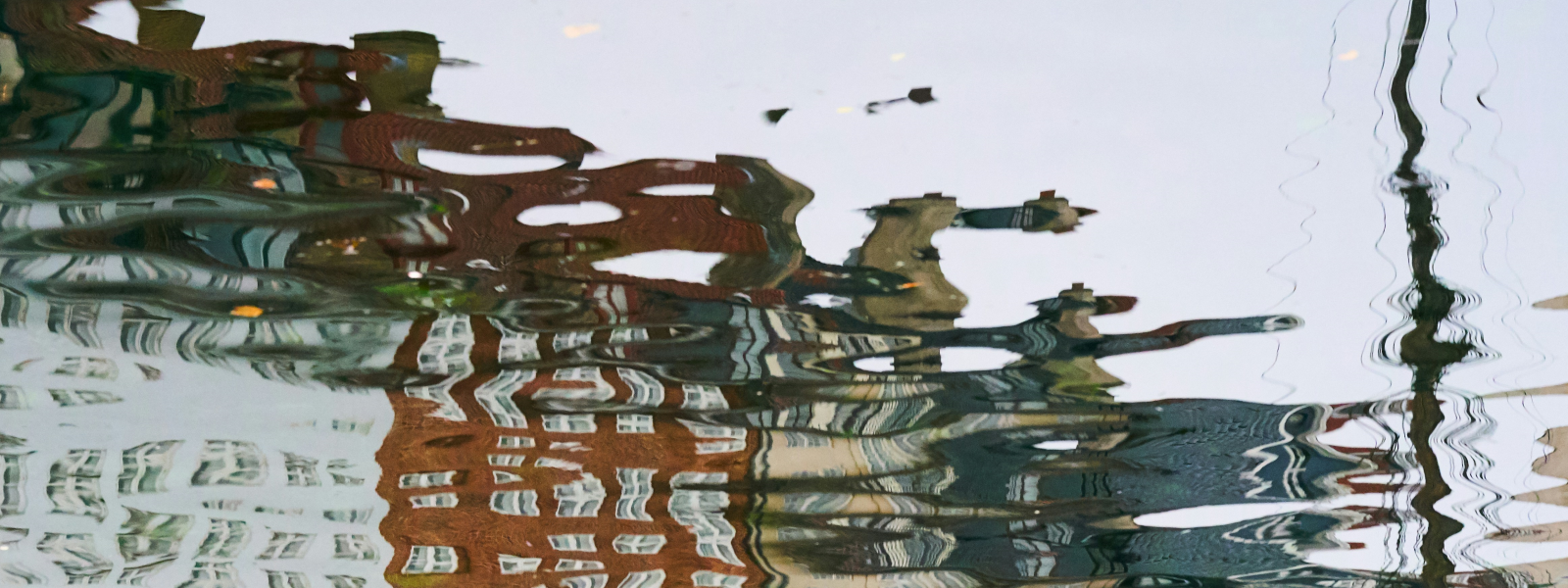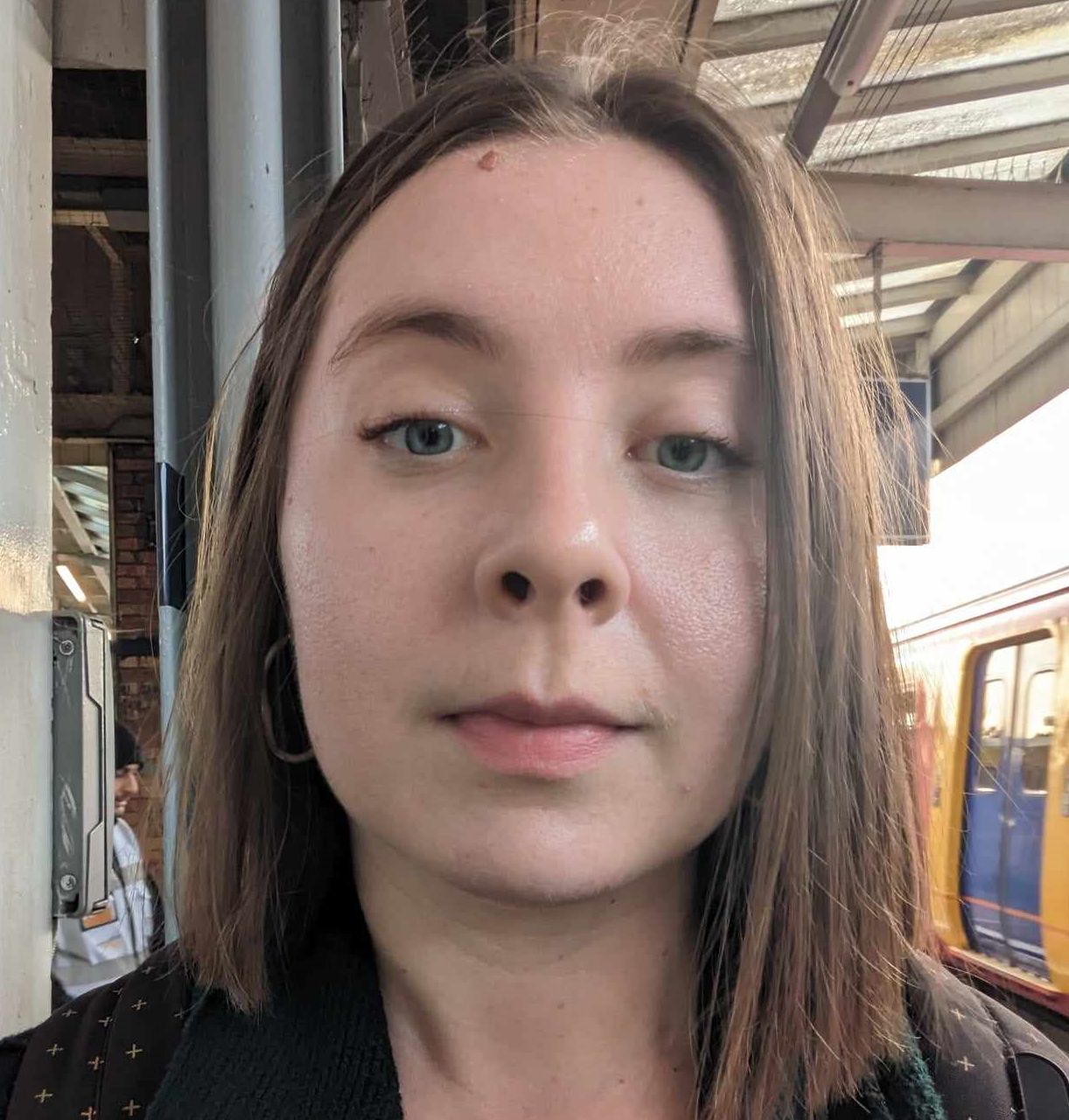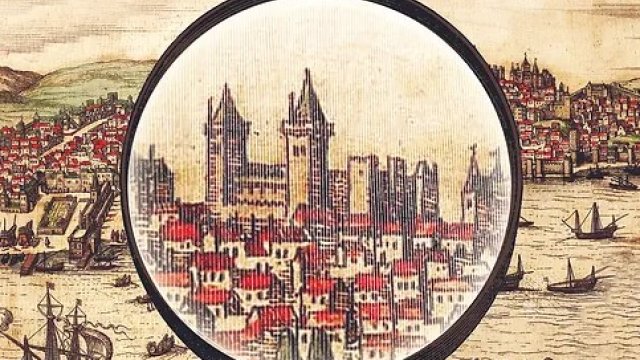Miruna Fulgeanu (2012, English) grew up in Romania. She says, ‘In a way, I started writing poetry twice. The first poem I wrote was in Romanian, of course, about the coming of spring, and I think I was six years old.'
‘What inspired me? I spent a lot of time with my grandmothers as a child, one of whom was a Romanian Literature teacher in the village I grew up in. The other hadn’t studied literature, but loved poetry and had memorised pages and pages of these long, epic poems in her youth. She told me these poems instead of bedtime stories every night, so I soon learnt them by heart too.
Miruna ‘stopped writing as I got serious about school… Poetry didn’t seem like a serious, academic pursuit,’ and she was a late convert to studying English:
‘My plan was to study Natural Sciences and become a chemist, i.e. a Respectable Person, but I changed my mind at the last minute after reading Jacob’s Room by Virginia Woolf.’
‘I didn’t write much while at Sidney, but I read a lot. I’m sure that having read so much in those three years, plus the English Department’s focus on practical criticism, looking so closely at a text, influenced my writing in ways I can’t measure. My poem Helsingør includes several references to Hamlet even though I hadn't read or really thought about Hamlet since my undergrad. I also made lifelong friends at Sidney, who are themselves very inspiring, and doomed to have to proofread my first drafts forever.’
After Sidney, Miruna completed a MPhil in Comparative Literature at Clare College, and an MA in Creative Writing at Goldsmiths, University of London. She says, ‘Since then, I’ve been writing and publishing poems in various magazines and anthologies, doing poetry readings, attending workshops and residencies. I’m currently one of eight writers on the six-month Prototype Development Programme, by the end of which I’m hoping to have finished my first collection.’
Helsingør
Didn’t; won’t; never ask anymore. Only spoke what I wanted:
to see Hamlet’s castle, and we were there. The sky
was light on the shoulders, as it is in the North, and I had
that blue certainty of a curse. Sergeant of distance,
the sea was the sea. Under its pressures, I thought
I could learn to love the water life. We walked the harbor
between the furled sails of the rich and a row
of Scandi buildings, all glass & perpendicularity & angels.
At the castle, I told the tourist group about Ophelia,
getting the flowers all wrong: I said rosemary’s for pelvic ennui;
bluebell for the ache of growing unreal in happy times. I didn’t ask for
him; never. At times I felt nothing at all,
at other times I was sick with my being, especially when I felt it melding.
The tourists were unimpressed with me, I with them.
The day was a time in the middle of making loves. This is what I learnt:
the feeling is trustworthy, like wooden floorboards, and its erasure is not.
The civilized Danish were indoors, and on the way back
we had gelato & accordion sounds, ghosts of the old port.
We walked together against the breeze, the street empty, nothing alive
underwater, and above 2 bluethroats making lovesounds
at each other, hello, sweet prince, hello.
Helsingør, by Miruna Fulgeanu, was first published in The Yale Review, October 2023.
Banner image: Copenhagen by Stefano Ghazzi, via Unsplash.com.
If you have something that would make a good news or feature item, please email news@sid.cam.ac.uk



